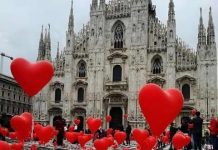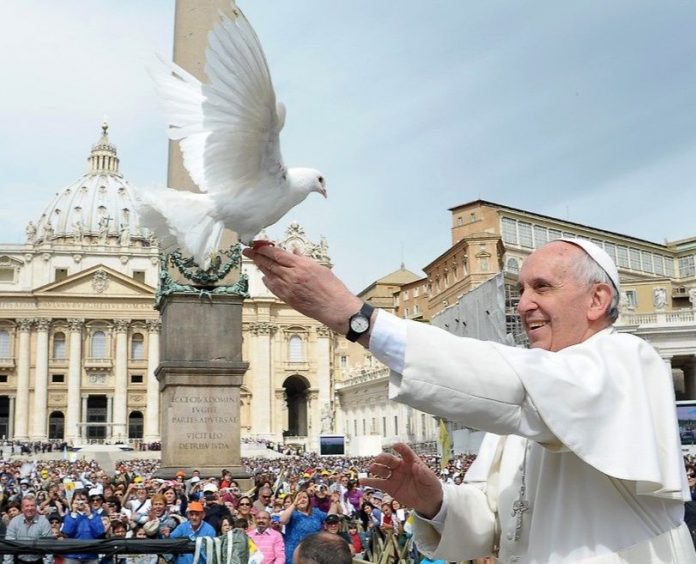The World Loses a Moral Compass for Humanity
Edited by Anna Popper
His Holiness Francis, the Bishop of Rome and the Pope of Love, Compassion, and Peace, passed away on 21 April 2025. There is something deeply symbolic about his death on Easter Monday – a day that celebrates renewal and resurrection. After giving his final Urbi et Orbi blessing on Easter Day, he returned to his Creator on a day imbued with the promise of hope and new life. https://www.vatican.va/content/francesco/en/messages/urbi/documents/20250420-urbi-et-orbi-pasqua.html
His passing marks not only the end of his 12-year papacy, but also the departure of a global moral voice whose influence extended far beyond the Catholic Church. He was not just a great religious leader – he was the conscience of our time, a bridge between worlds, and a steadfast friend to the forgotten.

As the 266th Pontiff of the Roman Catholic Church, Pope Francis was a spiritual shepherd to more than a billion Catholics. Yet his message of compassion, humility, and justice reached far beyond the walls of the Vatican. The world now mourns the loss of not just a pope, but a profoundly human voice that spoke across lines of faith, race, class, and ideology.
Born in 1936 as Jorge Mario Bergoglio in Buenos Aires, Argentina, into a family of Italian origin, he became the first pope from the Americas, the first Jesuit pope, and the first to choose the name Francis – invoking St. Francis of Assisi, the patron saint of peace, the poor, and creation. That name was not symbolic; it set the tone for a papacy defined not by power, but by service.
He chose simplicity over pomp, dialogue over dogma, and mercy over judgment. No one was too poor, too marginalized, or too forgotten to merit his attention. He wanted “a Church that is poor and for the poor,” and he lived by those words. He washed the feet of prisoners, embraced the sick, visited slums, and dined with the homeless. His solidarity was real, humane, and transformative.
But Francis was more than a pastor – he was a reformer. With courage and determination, he addressed long-standing challenges within the Church. He encouraged greater financial transparency, simplified the often-complex Vatican bureaucracy, and emphasized accountability in response to abuse scandals. He also opened space for dialogue on topics long considered sensitive or taboo, such as divorce, LGBTQ+ inclusion, the role of women, and the nature of ecclesiastical authority.
He reminded the world that faith should not be a weapon, but a bridge. Doctrinal revolutions may have been rare, but the cultural shift he initiated was profound. His now-famous question – “Who am I to judge?” – was not a retreat from belief, but a bold step toward compassion. He replaced cold judgment with pastoral care. For many who had felt unwelcome or hurt by the Church, Francis offered something radically different: a Church – and a world – capable of mercy.

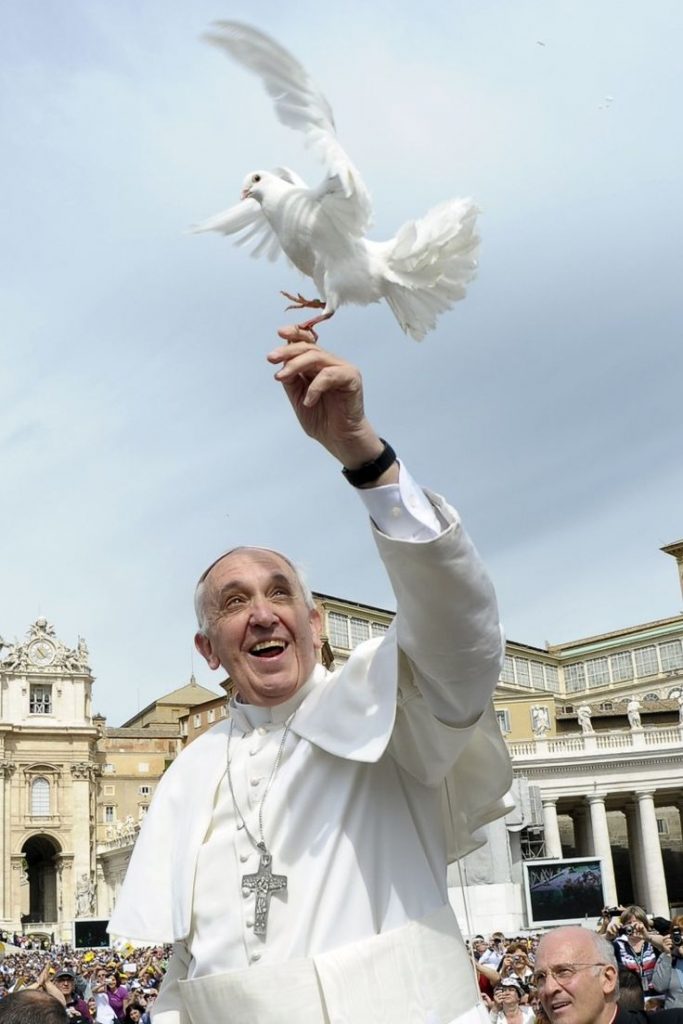
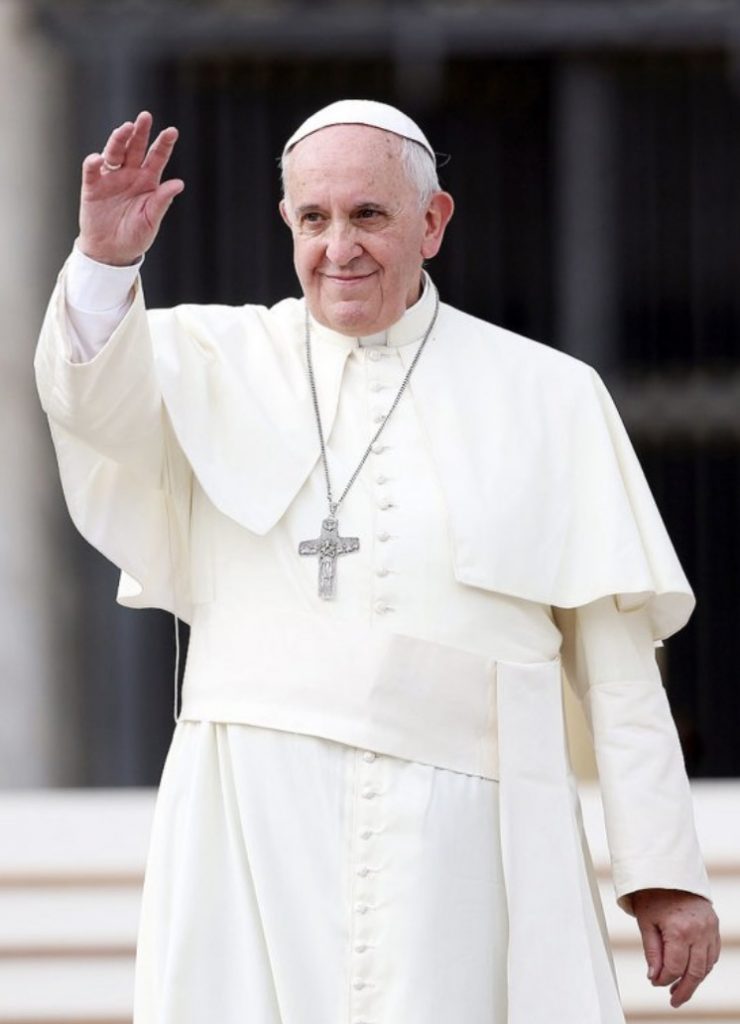
Mercy, a profoundly human value that has come to define Pope Francis’ pontificate, will leave a lasting legacy. “God’s mercy is our liberation and our joy. We live by mercy and cannot afford to be without it. It is the air we breathe. We are too poor to set conditions. We must forgive, because we ourselves need forgiveness.”
He also broadened the Church’s focus to include the pressing crises of our time. In his landmark encyclical, Laudato Si’, he framed environmental protection not as a political stance but a moral imperative. He decried economic systems that “kill” by prioritizing profit over human dignity, and warned against the “globalization of indifference”. To Francis, solidarity was not just a slogan – it was a moral obligation.
Pope Francis is known to have more progressive stances than all of his predecessors. He transcended religious and cultural barriers, praying with Muslims, Jews, and people of all faiths – and even those without. He stood as a peacemaker in conflict zones, a voice of reason in an age of extremism. He sought not to dominate public square, but to heal it.

Even those who didn’t share his faith recognized something rare in him: a leadership rooted in humility, guided by empathy, and grounded in an unwavering belief in the worth of every human life. He showed us that love, when lived courageously, can be a revolutionary force.
Pope Francis is such a significant figure that a documentary about him, Pope Francis: A Man of His Word premiered at the 2018 Cannes Film Festival. Written and directed by Wim Wenders, the film offers an intimate look at the Pope’s mission, values, and worldwide journeys. It is set to return to cinema programs soon, offering audiences another opportunity to experience this powerful portrait on the big screen.
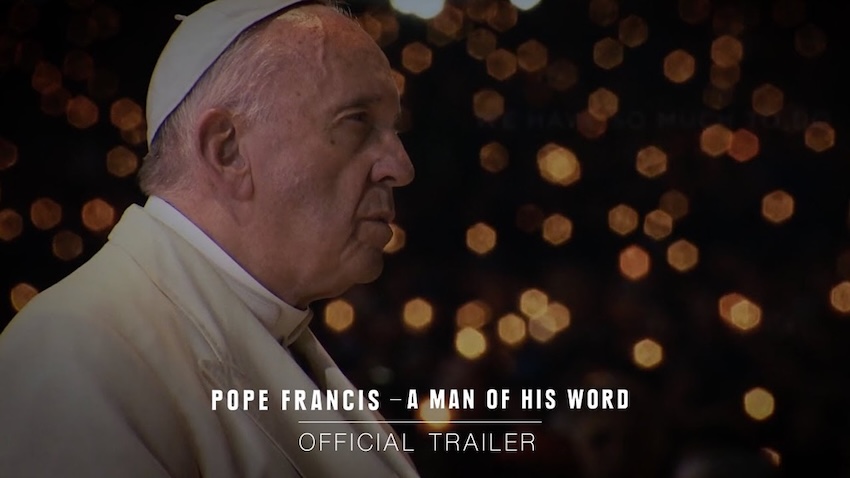
For a glimpse into the tone and message of Pope Francis: A Man of His Word, watch the official trailer below: https://www.youtube.com/watch?v=MOmY8i-uBcY
Over the course of 12 years, Pope Francis undertook a modern pilgrimage that took him to 68 countries, marking a new chapter in the Vatican’s global outreach. Among these historic journeys, he became the first pope ever visit Iraq – an unprecedented moment in interfaith dialogue and diplomacy.
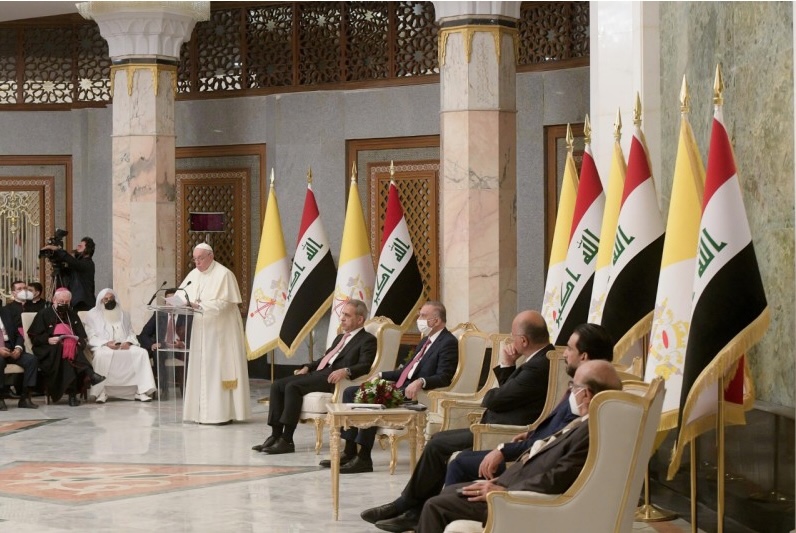
Here is an article of this historic visit, as told by the then Ambassador of Iraq to Hungary: https://press.agency/iraq-mesopotamia-embraced-pope-francis/
Pope Francis will be remembered not only as the 266th successor to Saint Peter, but as a moral compass for our fractured world. His death leaves behind a deep silence – but also a luminous legacy. May the seeds of compassion, justice, and mercy he planted continue to grow in every corner of the world. May Pope Francis, a deeply lovable and kind-hearted man, rest in peace.
On behalf of the Diplomatic Press Agency, we extend our deepest condolences to the global Catholic community and all those who mourn the loss of Pope Francis. His Holiness’s legacy of compassion, justice, and unity will continue to inspire future generations.
Photos from Vatican.va


